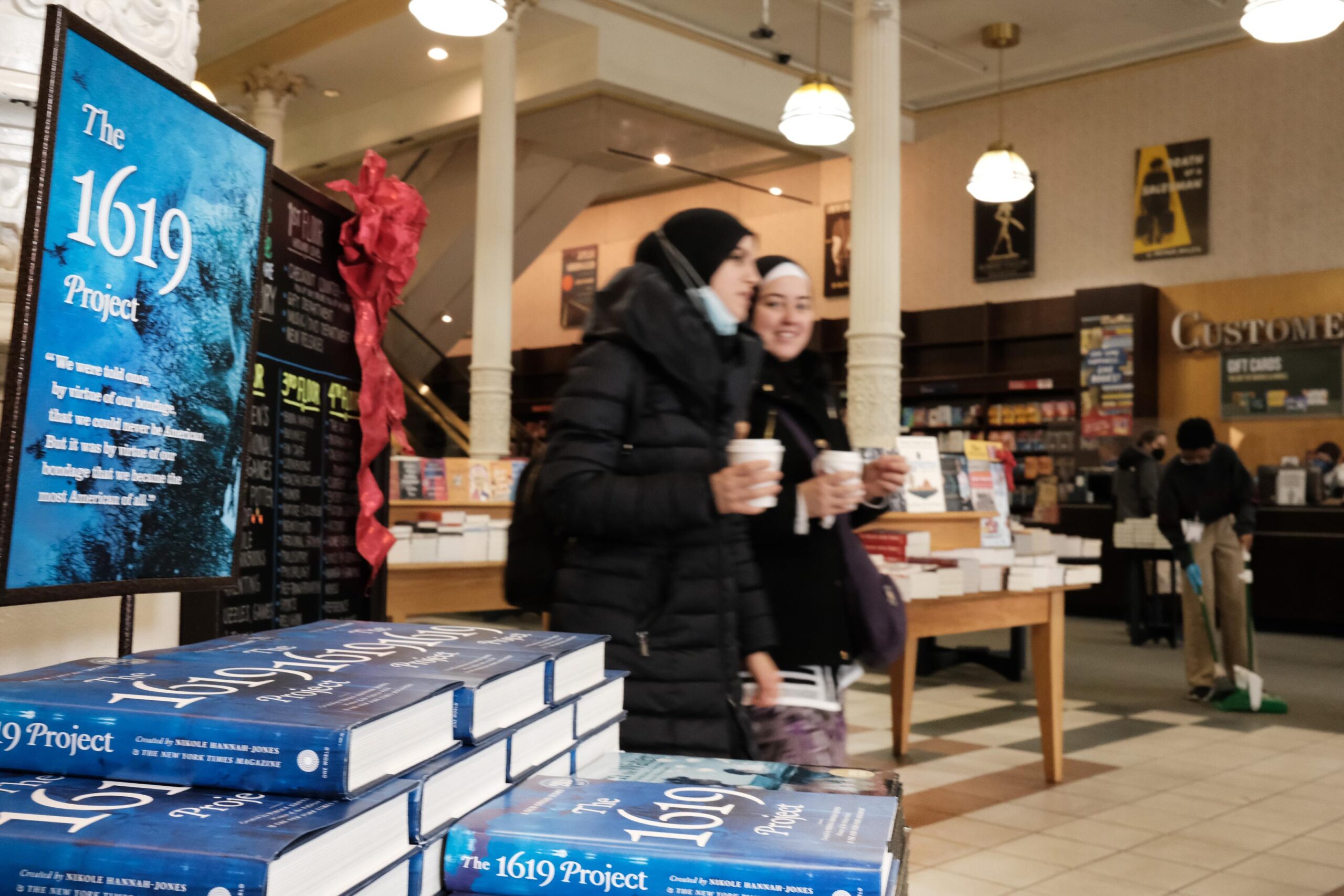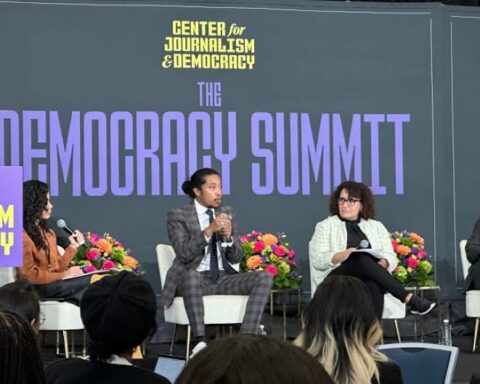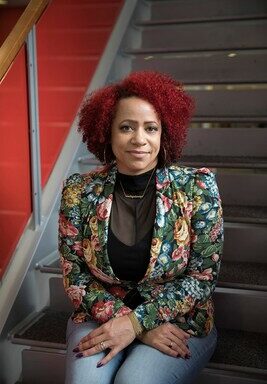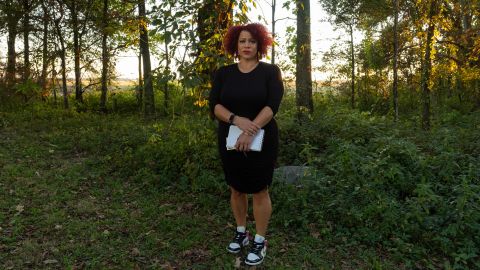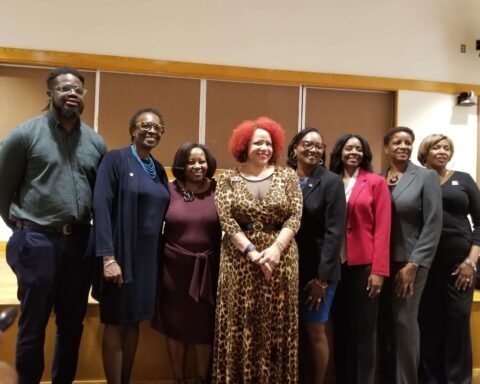What began as a Pulitzer Prize-winning New York Times Magazine cover story, the 1619 Project has now produced two books: one for adults, “A New Origin Story” and a children’s book, “Born on the Water.”
But even though the 1619 Project books were just released earlier this week, states such as Texas and Florida have already banned the teaching of the subject matter. Republican lawmakers in at least five states introduced bills that would prohibit the 1619 Project from being taught in schools or cut funding to those that use the project to inform curricula.
The ban is linked to the backlash over critical race theory.
“This always was a propaganda campaign,” 1619 Project creator Nikole Hannah-Jones said about media coverage of CRT on “Reliable Sources” Sunday. “It was designed to drive white suburban people to the polls for Republicans and in some degrees, it’s been successful.”
In the week before the Virginia governor’s election, which Republican Glenn Youngkin won by roughly two percentage points, critical race theory was mentioned on Fox News 160 times. This week saw just 30 mentions.
“Clearly, there was an attempt right before the off-year elections to stoke concern about race and how it’s being taught,” CNN’s chief media correspondent Brian Stelter said.
Hannah-Jones said race is the oldest wedge issue in America, and it still works in politics.
“A project that is seeking, journalistically, to force us to grapple with our history cannot be responsible for bad faith actors deciding they are going to whip up white resentment,” Hannah-Jones said.
The 1619 Project launched in 2019 as an ongoing initiative by the New York Times Magazine that aims to put the consequences of slavery and the experiences of Black Americans “at the very center of our national narrative.” Hannah Jones said that no matter one’s opinion of the project, there should be concern over bans on the subject matter.
“(We should be) opposed to efforts by the state to restrict the teaching of ideas because politicians don’t like them,” Hannah-Jones said.
The author added that the book versions allowed the project to expand and not be constrained by magazine length limits and publishing deadlines. The books also have space for more historians, poets and short fiction contributors, as well as the ability to address the project’s critics.
The children’s book also serves as an origin story for Black children who are descendants of American slaves.
“Black Americans, because of slavery, don’t know what country in Africa they came from,” Hannah-Jones said. “And that’s a very demeaning experience for a child.”

